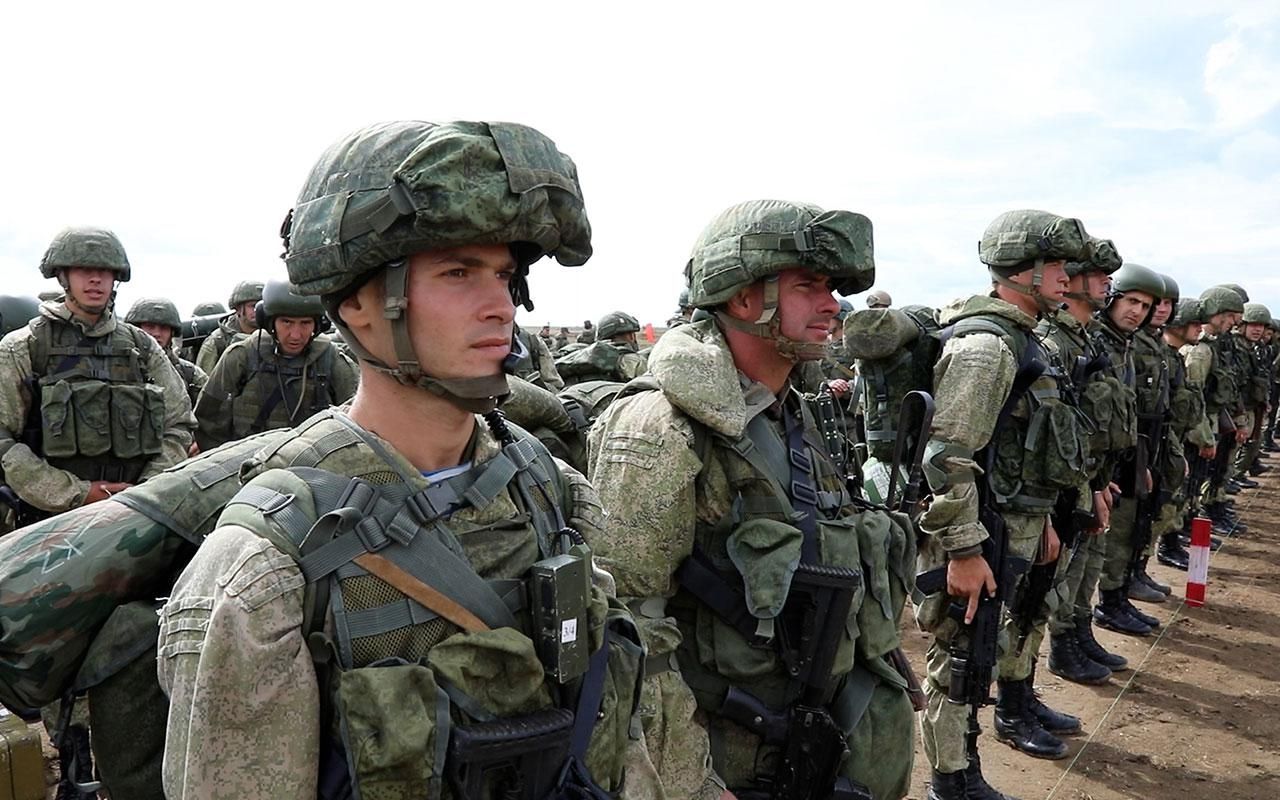“Success [in war] never did and never will depend on position, or on ammunition, or even on number. [It depends] on the feeling that’s in me, in him, in every soldier.”
So says Prince Andrei on the eve of battle in Leo Tolstoy’s War and Peace. He predicts that the outnumbered and outgunned Russian soldiers defending their homeland will defeat the superior invading force led by Napoleon because the defenders have the stronger will to fight. The French forces won the battle but lost so many men in the process that their invasion ultimately stalled.
With that in mind, the Pentagon claimed this week that US intelligence sees a potentially debilitating low morale among some Russian soldiers fighting in Ukraine. The publicly cited evidence includes reports that substantial numbers of Russian troops have surrendered their weapons with little or no fight, that some have sabotaged their own vehicles and equipment to stall their advance toward Kyiv, Ukraine’s capital, and anecdotal reports of lost and demoralized Russian troops begging for food.
Is the evidence credible?
Pentagon officials leave us to guess how they know all this or why they believe it. Is US intelligence relying on the testimony of captured soldiers? Electronic eavesdropping? Media and social media reports from Ukrainians?
GZERO can’t confirm official US assertions or assess the scale of this problem for Russia’s military. But military experts are at a loss to explain why Russia’s advance toward Kyiv has stalled, and why clearly superior numbers and weaponry have failed to score a quick victory.
We should all be wary of information that might be distorted by the fog that shrouds all wars while they’re in progress. Perhaps the Russians’ sluggish performance can be blamed more on poor planning and the unexpected intensity of Ukrainian military and civilian resistance than on the mood of troops.
We should also expect that levels of morale can vary widely across groups of soldiers. Russian forces who have scored successes in the east and south of the country, for example, are likely in a better mood than those now grinding their way toward confrontation in Kyiv.
We should also note that the US Defense Department, which sides with the Ukrainians, has reason to try to create Russian morale problems that may not yet exist.
But there have also been past reports of low Russian military morale even in peacetime. And no one has adequately explained why Russian forces have moved so slowly toward Kyiv, failed to control Ukraine’s airspace, and held back on using some of their more destructive weapons.
Why might Russian forces be demoralized?
First, by some estimates, 30 percent of Russia’s fighting force consists of lightly trained conscripts. These draftees have heard the same Kremlin propaganda that other Russians have:
This isn’t a war, it’s a special operation to be conducted with surgical precision. Its purpose is to liberate the great mass of our friendly Ukrainian brothers from the clutches of Western-backed neo-Nazis bent on doing vile things to Mother Russia. Ukrainians will cheer your arrival. Move in, restore order, and come home.
A confident soldier reassured by this message as he entered Ukraine might well be confused at this point, and when poorly trained, under-equipped soldiers discover that Ukrainians are screaming — or shooting — at them, rather than greeting them as liberators, it’s easy to imagine they might lose confidence in the mission.
What might this tell us about where the war is headed?
Those cheering the Ukrainian resistance might be encouraged by news that many Russian soldiers don’t want to fight. Not so fast.
If Moscow’s military strategists doubt the willingness of Russian soldiers to take Kyiv’s streets from Ukrainian soldiers determined to protect their homes and homeland, they may decide they need to rely more heavily on indiscriminately destructive weapons, which can be fired from a distance into the heart of the capital. This strategy, which we’ve already seen in Kharkiv, Ukraine’s second city, can be far deadlier and more destructive than the large-scale entry into cities of Russian troops.
Tolstoy never imagined the heavy weapons at the disposal of today’s Russian commanders — and the will and morale of Vladimir Putin and his generals matter too.
- Watching the War: Russian airstrike too close for NATO comfort ... ›
- Russian troops into Donbas: Beginning of a new Cold War ... ›
- The Graphic Truth: How do Russia and Ukraine stack up? - GZERO ... ›
- Risks of Russia losing: Putin, Ukraine, and potential for escalation - GZERO Media ›
- The dangers of Russia losing badly - GZERO Media ›
- War in Ukraine heading to "violent" new phase, warns NATO's Mircea Geoană - GZERO Media ›
